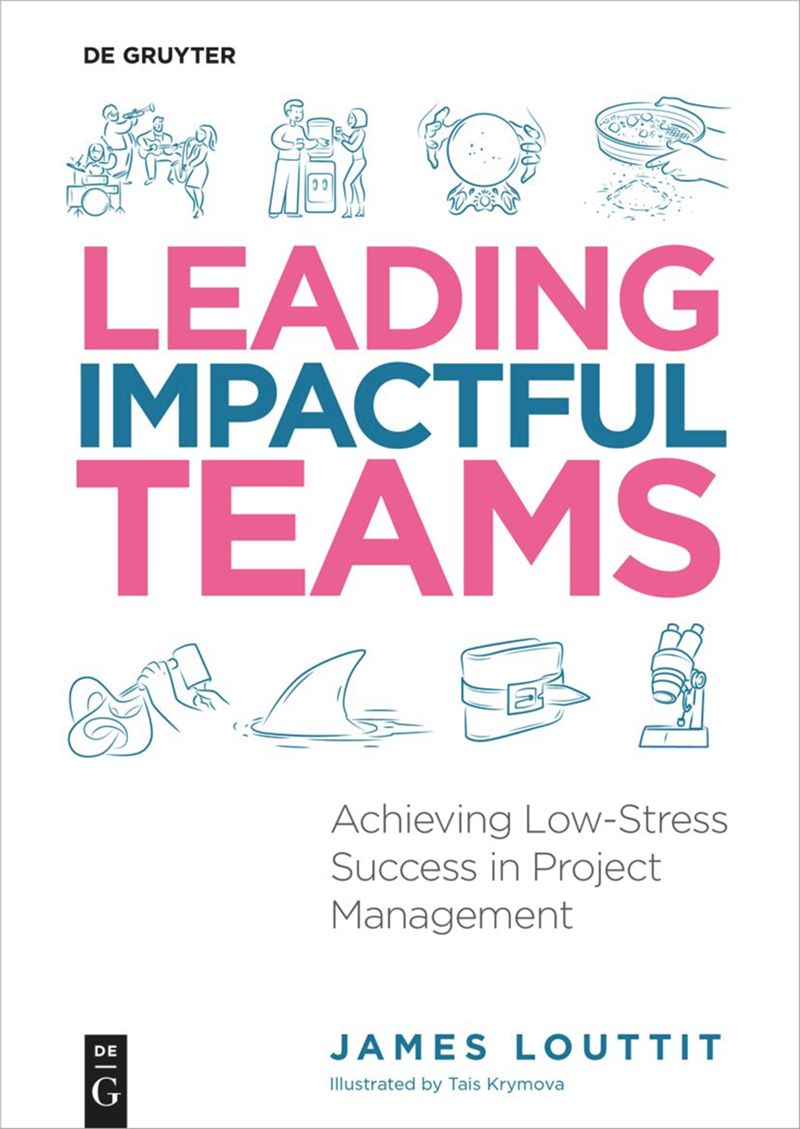In respect of the first aspect – a practical handbook – the author has segmented his book into a number of chapters that could read as stand-alone topics as much as they read well as part of an integrated whole. Regarding professional project management, the author’s perspectives are enlightening; my main take-away is that the education and qualification for project managers is too heavily weighted to disciplines and techniques as if these are equally applicable in all situations. That is that there is too much emphasis on input and technique at risk of losing focus on the desired outcome. I’m no expert in the range and sophistication of professional project management, but I get a sense that this book is an antidote to the expectations advocated in the many disciplines which project management encompass.
It’s in respect of the third perspective – the human element – that the author particularly impresses with his acceptance of people’s unpredictability and range of personalities. While he doesn’t examine human psychology it’s given a decent nod and the reader is offered a number of practical tips for leading, managing and influencing with impact.
This book is written from a very personal point of view which was influenced by the author’s own experience of burnout at work. The author is very honest about this period and what he learned from it; this gives the book a powerful authenticity. There are plenty of lessons any one of us could take from this book, not just professional project managers. The epiphanies experienced by the author are likely to resonate with anyone juggling with multiple, simultaneous demands. The section on prioritisation is worth the cost of the book alone.
Published by De Gruyter
Reviewed by Jim Kennedy, Founder and Director, Metis (People & Organisation) Consulting







